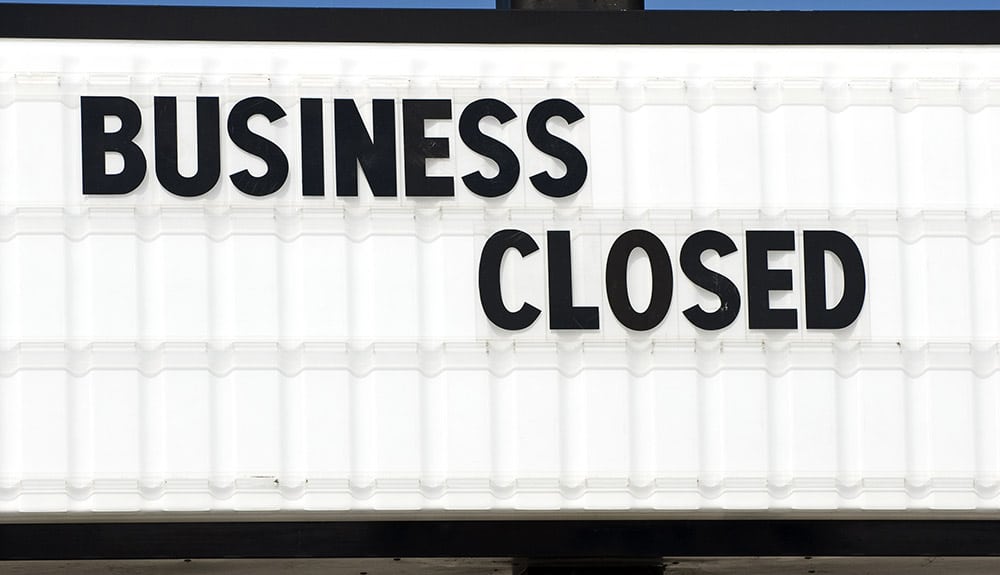In a recent ABA Journal article, a bit of dirty laundry among law partners spilled out into the public when the publication reported that Attorney Jason Cyrulnik was ousted by his partners at the firm of Roche Cyrulnik Freedman (now Roche Freedman). In their Feb. 27 lawsuit against Cyrulnik, the partners claimed he was removed for “erratic and obstructive behavior.”
Cyrulnik has argued his banishment was part of a scheme by his partners to take his share of the firm, which included a fee payable in cryptocurrency by a startup company represented by the firm. According to Cyrulnik’s March 9 countersuit, the cryptocurrency had a sudden and exponential appreciation in value to more than $250 million just days before he was unceremoniously removed from the firm.
There’s a lot to unpack here.
Not Quite Cash Equivalent
First, taking a financial interest in a client in lieu of compensation or accepting payment for legal services in a volatile commodity like cryptocurrency creates a high-risk environment for any law firm. In addition, it also presents the possibility that the firm, or partners in the firm, may not be covered under their professional liability insurance policy due to an equity exclusion. Not only will the policy preclude coverage for the legal work done on a matter involving equity or volatile commodities in lieu of traditional payments, accepting these types of arrangements can wildly impact the firm’s insurance premiums.
Most law firms, when filling out applications for professional liability insurance must address if the firm will accept securities or other types of compensation, including financial equity, in exchange for rendering legal services. If the firm responds in the affirmative, there is an absolute equity exclusion that presents a gap in the firm’s liability shield for that specific type of client work. The reasoning is that by accepting securities, volatile commodities or financial equity from a client, the lawyer is now working to represent his or her own financial interests and not necessarily acting exclusively in the best interest of the client.
Risky Business
The firm in question was a new partnership. Likely, when they applied for professional liability coverage they had to note their intended practice areas. Every practice area has a premium modifier.
The riskier the practice area, the higher the premiums. If a practice is considered extremely high risk, there’s a good chance that the policy will be written on a surplus lines basis. In such cases, carrier strength is a critical factor because the surplus lines market is not protected by the federal government. As a result, especially for new or expanding firms, giving thoughtful consideration to the firm’s current, future or potential practice areas can have a significant impact on the bottom line. New and risky practice areas should be approached and considered with caution.
Breaking Up is Hard to Do
Another matter firms like Roche Freedman must face in the dissolution of a partnership is the end of existing professional liability coverage. And even though the policy and its premiums end, the exposure doesn’t. In such an instance, the former partners need to purchase a tail policy for an extended reporting period resulting from the professional liability policy for a specified amount of time. The longer the partners worked together, the more complex the tail policy becomes.
And because these tail policies are a percentage of the total professional liability premium, the former partners have to agree on how to divide up the payment. And that payment is due in full on purchase and cannot be financed. As they say, breaking up is hard to do.
The dissolution of a law firm has a multitude of consequences, not the least of which is the professional liability insurance coverage of the partners involved. These issues are best explored, as a preventative measure, at the outset of any potential merger, acquisition, partner additions or the launch of a new firm.



